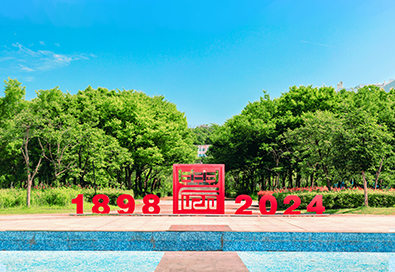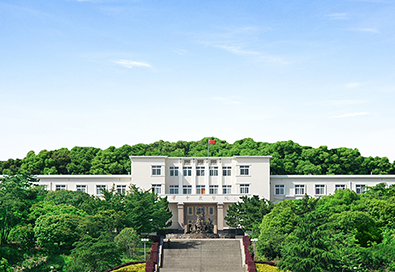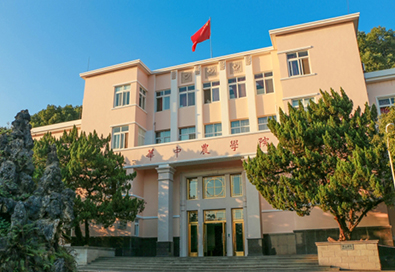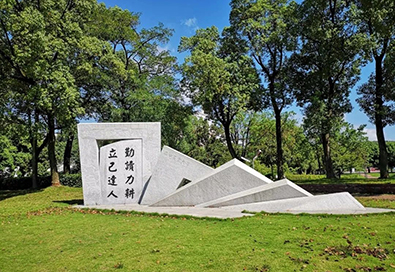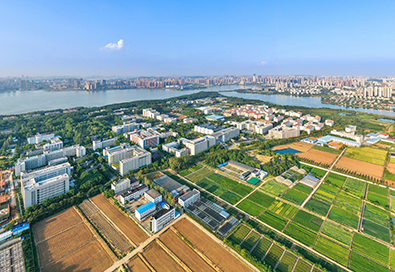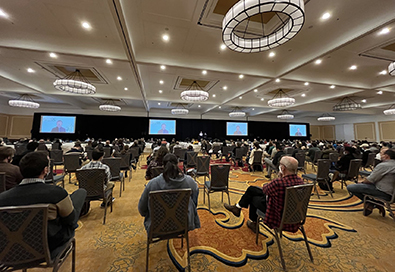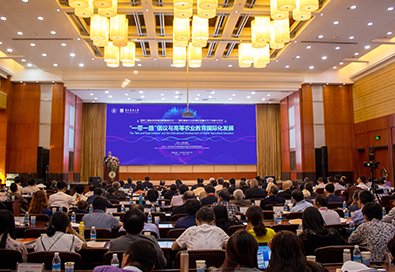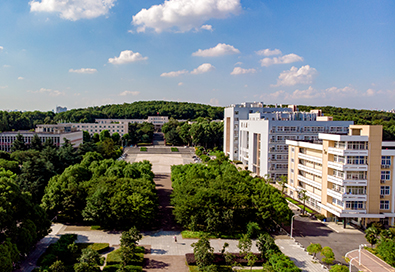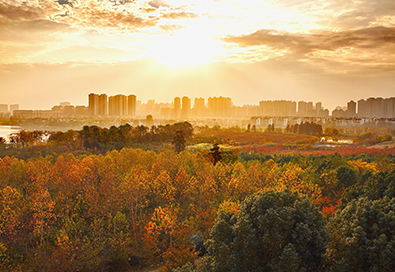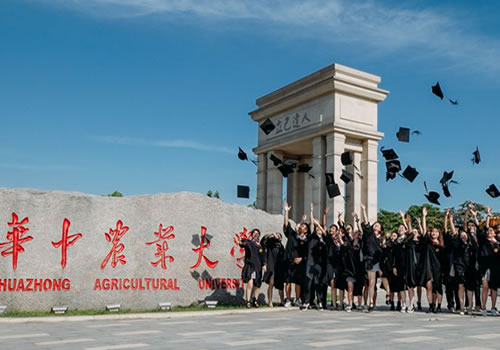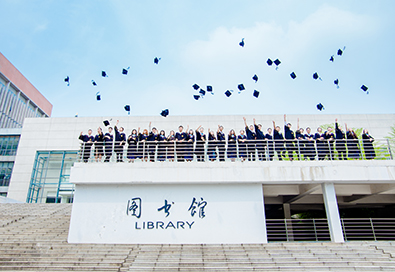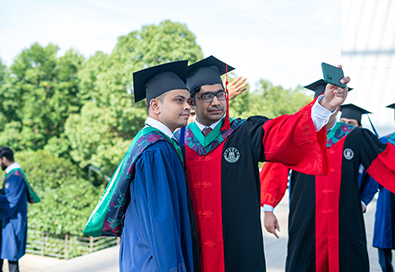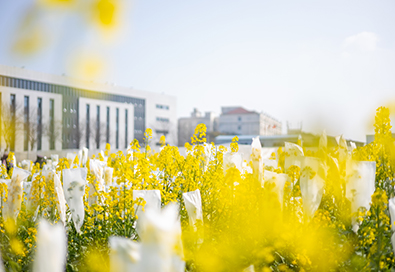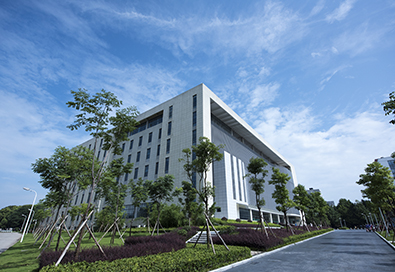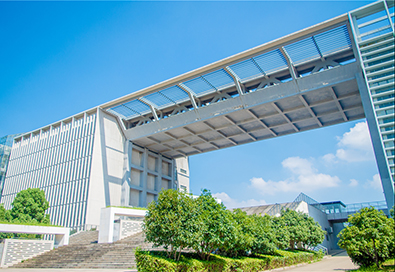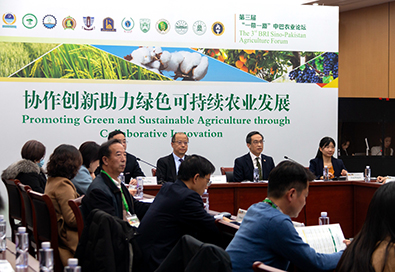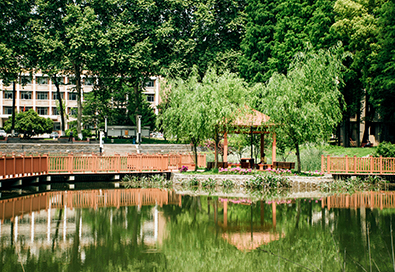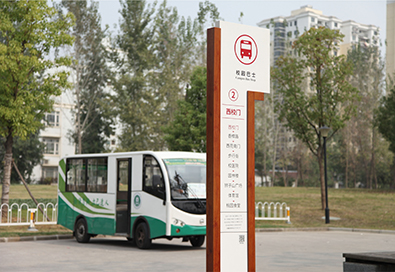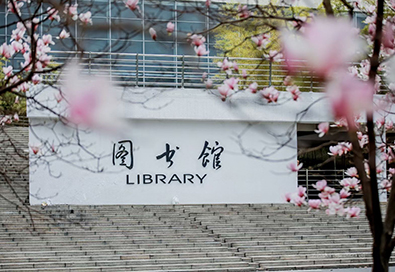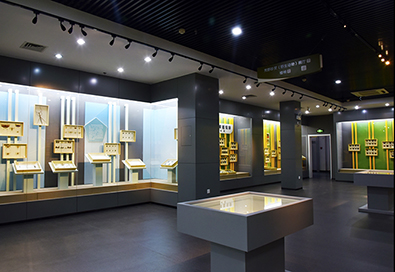"Seminar on Scientific, Technological and Cultural Collaboration in Third-Party Markets under the Mutual Learning among Civilizations", co-organized by Huazhong Agricultural University (HZAU) and China-Africa Innovation Cooperation Center, was held at Wuhan East Lake International Conference Center on Nov 7.
The seminar was a part of the 2024 China-Africa Innovation Cooperation and Development Forum, which was co-hosted by the Ministry of Science and Technology and the Hubei Provincial People's Government.
More than 100 experts and scholars from universities, research institutions and enterprises in China and abroad attended the seminar.
Vice-president of HZAU Qing Ping delivered a speech at the forum. He welcomed the attending scholars on behalf of the university, and introduced HZAU's achievements in China-Africa cooperation in personnel training, scientific research, technology transfer and agriculture in recent years.
Qing said he hoped that this meeting will become an important platform to promote China-Africa exchanges and cooperation in science, technology and culture, the building of a China-Africa community with a shared future and the implementation of China’s 10 partnership actions for modernization.
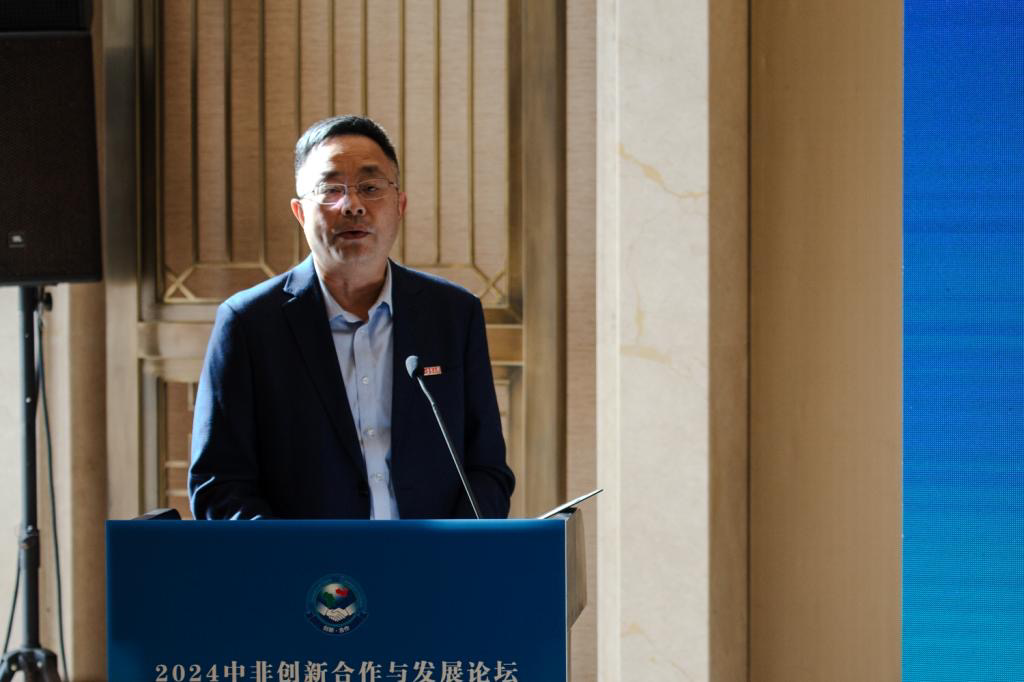
Qing Ping speaks of HZAU's achievements in China-Africa cooperation. [Photo/news.hzau.edu.cn]
The scholars held in-depth discussions on China-Africa third-party market cooperation during the seminar, as well as on agricultural technology, agricultural demonstration, clean energy, green infrastructure, higher education cooperation and education and vocational training.
He Wenping, a professor at the Institute of West Asian and African Studies in the Chinese Academy of Social Sciences, outlined the background, objectives and themes of the 2024 Summit of the Forum on China-Africa Cooperation (FOCAC). She also analyzed specific cases to illustrate how "knowledge innovation + technology innovation" can promote China-Africa cooperation and lead the modernization of the Global South.
An Chunying, another professor at that institute, spoke about the importance of open and inclusive international cooperation, citing the example of China Communications Construction Company's construction of a suspension bridge in the Republic of Mozambique by bringing in a German third-party company.
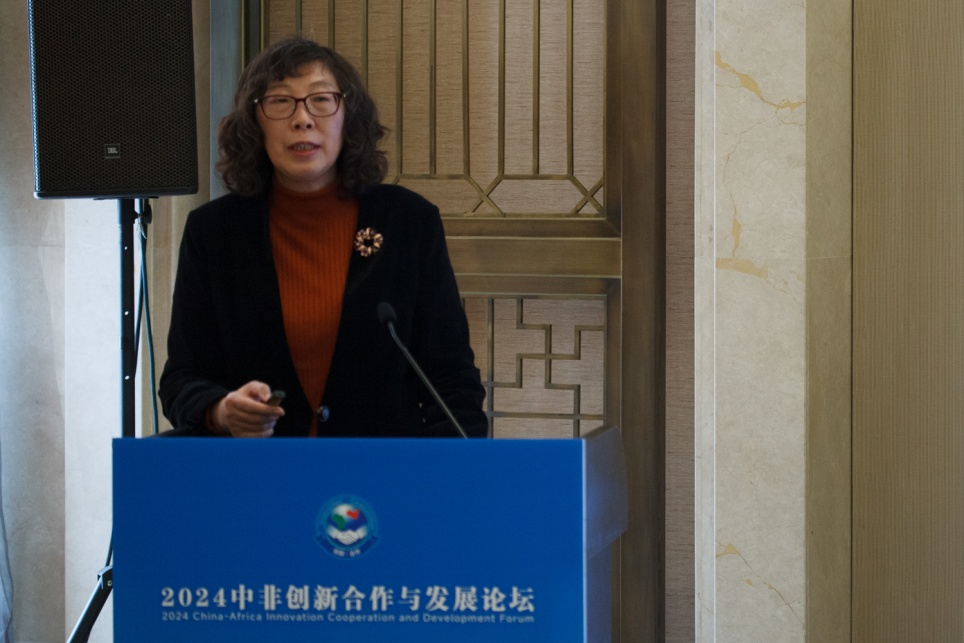
An Chunying discusses the importance of a third-party company in China-Africa collaboration. [Photo/news.hzau.edu.cn]
Tang Xiaoyang, a professor at Tsinghua University's Department of International Relations, took China's manufacturing investments in Ethiopia as a case to explore the mechanisms and influence of bilateral knowledge exchange. By reviewing interactions across various levels of cooperation, he revealed the complex dynamics of knowledge sharing between Chinese and Ethiopian stakeholders.
Ge Jinling, vice-president of Zhejiang Yuexiu University of Foreign Languages, analyzed the opportunities and challenges faced by Chinese enterprises in Africa. Drawing on her field research in Burundi, Kenya and Egypt, she suggested China and Africa strengthen research cooperation and exchanges, giving particular emphasis to promoting Chinese language education in African universities.
Zhang Zhenke, director of the Institute of African Studies at Nanjing University, reviewed the achievements and challenges in China-Africa cooperation. Analyzing the current status and challenges of multilateral scientific and technological cooperation and cultural exchanges, he emphasized the importance of mutual learning among civilizations and envisioned the broad prospects for China-Africa multilateral cooperation and third-party market cooperation.
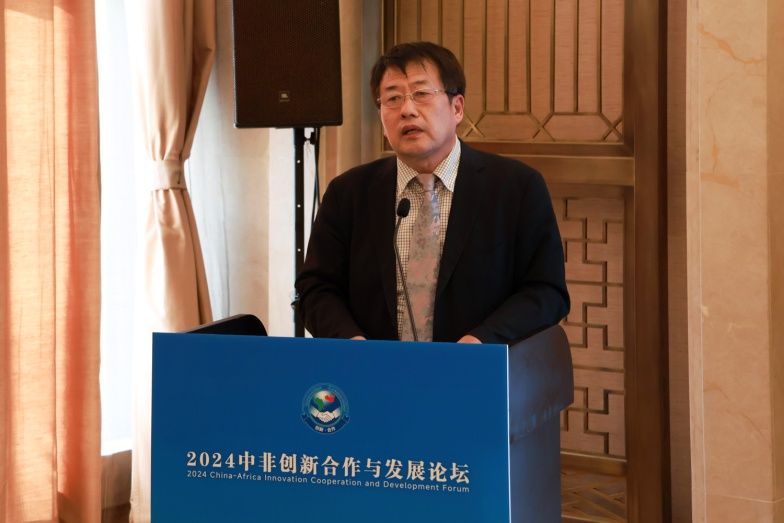
Zhang Zhenke speaks about the prospects for China-Africa multilateral cooperation. [Photo/news.hzau.edu.cn]
Liu Chengfu, a professor at Nanjing University's School of Foreign Studies, analyzed the importance of understanding Africa, saying that Africa, with its vast potential for development, offers limitless opportunities not only for China and Africa but also for the world.
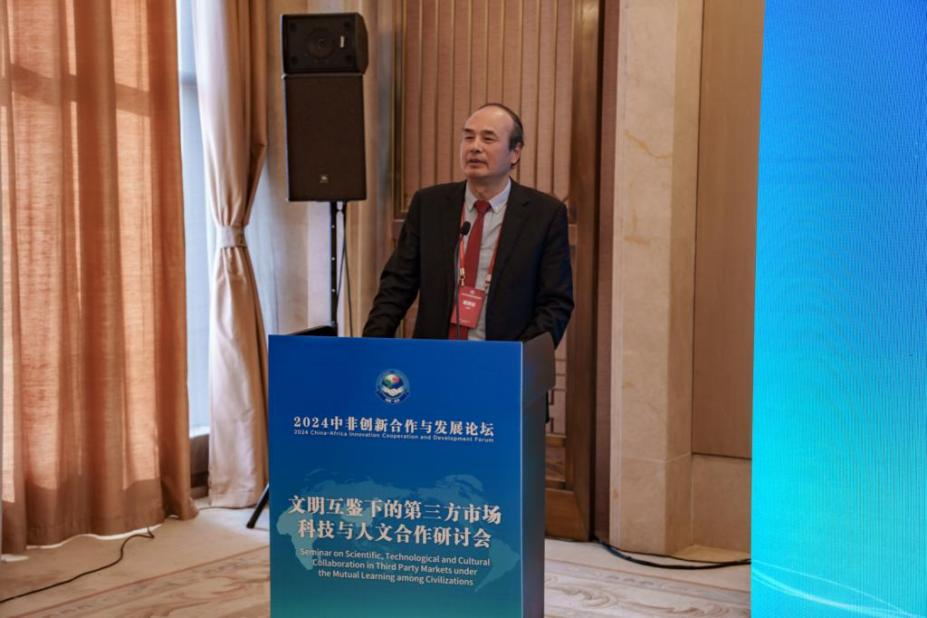
Liu Chengfu analyzes the importance of understanding Africa. [Photo/news.hzau.edu.cn]
Liu Jisen, dean of the Institute for African Studies at Guangdong University of Foreign Studies, analyzed the importance of China and Africa working together to advance the modernization of African agriculture. Listing the resources and factor endowments of African agriculture, he analyzed the constraints and solutions for advancing agricultural modernization in Africa. Additionally, he reviewed China's assistance in African agricultural modernization.
Zhang Yanqiu, vice-dean of the Institute for a Community with Shared Future at Communication University of China, pointed out the importance of introducing African countries to China's media system, development communication concepts and successful practices. She also said it is crucial to promote media dialogue between China and Africa and to jointly establish a theoretical framework for the academic discourse of the Global South.
Yu Jia, professor at the Institute of New Structural Economics in Peking University, analyzed Africa’s access to electricity and renewable energy development. She reviewed the cooperation between China and Africa in addressing climate change and in third-party markets, and introduced the exploration of New Structural Economics in supporting Africa's sustainable development.
Li Fan, an associate professor at the College of Economics & Management in HZAU, examined the influence of land tenure systems and agricultural infrastructure on African countries’ agricultural development, based on empirical research in Burundi and Ethiopia.
Mohamed Frahat Foda, a foreign teacher and associate professor at HZAU, shared his ideas on advancing sustainable agricultural development in Africa through nanotechnology innovation. He enumerated the advantages of nanotechnology in agriculture and analyzed the cooperation opportunities between China and Africa in utilizing nanotechnology to promote the development of sustainable agriculture.
Lyatamila Ndyali, another foreign teacher and an associate researcher at HZAU, examined the historical background, current situation and challenges of Sino-African academic exchanges. She proposed enhancing cooperation between China and Africa in culture, education, knowledge transfer and talent development to advance mutual learning among civilizations.
Shen Wei, a Qiushi Chair Professor from Zhejiang University’s School of Public Affairs, gave a report on the evolution of international educational cooperation from bilateral to multilateral cooperation based on the cases of research and academic cooperation between China and Europe.
Feng Guolin, secretary of the CPC College of Foreign Languages of Huazhong Agricultural University Committee, summarized that the reports of the experts were strategically positioned, highly targeted, forward-looking and rich in reference value.
He said that he looked forward to more scholars focusing on research on China-Africa cooperation to contribute to the modernization of the Global South countries and the building of a community with a shared future for mankind.

